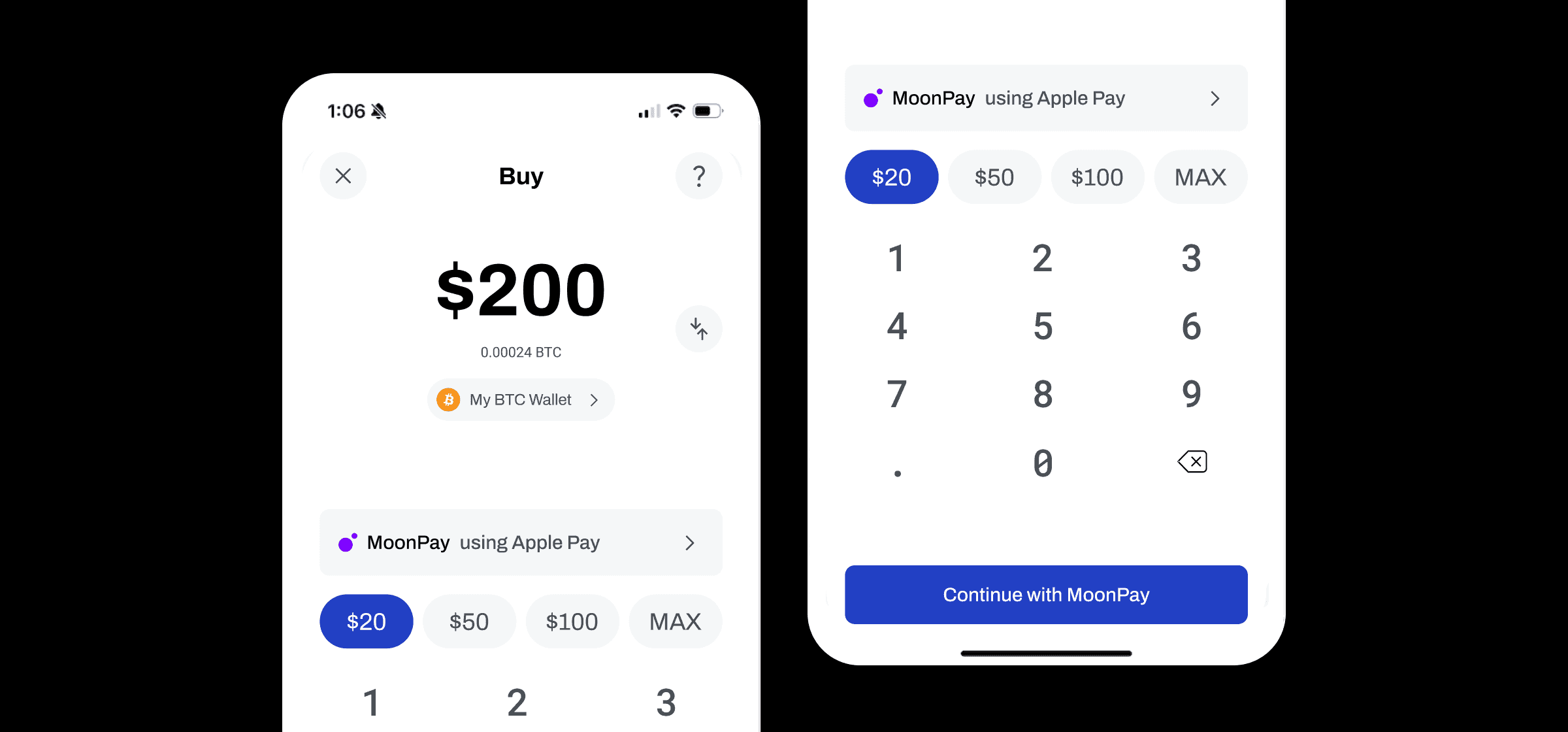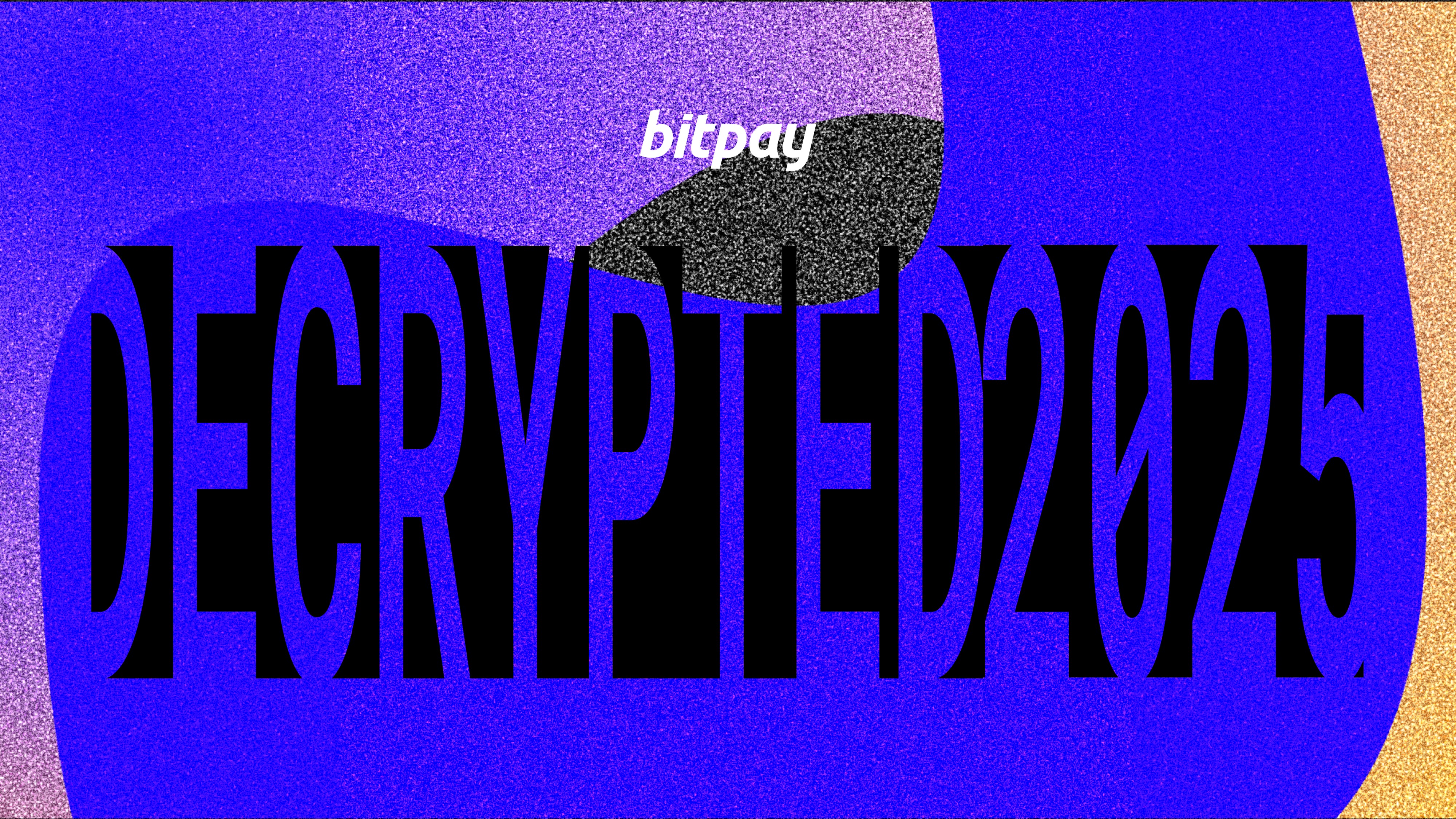January 17, 2019
Is It Safe To Accept Bitcoin? BitPay's Compliance Team on KYC, Regulations, and the Legal Status of Cryptocurrency


Our compliance team makes sure we respect the authority (authoritah!) of governments and regulators
-->
Bitcoin and cryptocurrency have a lot of misconceptions surrounding them. Many people are unsure if they are legal or safe to use. These concerns are even more relevant for businesses that are thinking about accepting Bitcoin and other blockchain payments.
That's why we interviewed BitPay's compliance team about what they do to make sure our services are legal and compliant with relevant regulations.
What are the goals of the compliance team?
Our main goal is to grow BitPay soundly, in terms of compliance, strategically, financially and reputationally.
Compliance is a relatively new profession that has become increasingly defined, empowered, and impactful in the past two decades. Within the compliance team, our main goal is to grow BitPay soundly, in terms of compliance, strategically, financially and reputationally.
In order to do this, we have built a strong risk and compliance framework that tackles the main risks our business is facing. By making use of new technologies such as machine learning and integrating innovative third-party compliance tools, we stay "in-control" and are flexible enough to deal with new emerging risks in a fast-changing environment.
What is KYC and why is it important?
The reason we identify and verify businesses before signing them up is because we want to make sure we keep criminals off our platform.
KYC stands for Know Your Customer and it is one of the most important pillars of our Compliance Program. Prior to signing up up a new business to our platform, we want to make sure that we have identified and verified their business. The reason for this is not because the regulators tell us to do so, but because we want to make sure we keep criminals off our platform.
By identifying the businesses and making sure that we fully understand their business model, we ensure that the businesses we sign up are legitimate and the products or services they offer are in line with our Terms of Use.
What is AML and why is it important?
AML stands for Anti-Money Laundering. What is understood under this term in the financial compliance world is generally a set of procedures and controls which companies adopt in order to prevent, detect and report suspicious practices which aim to introduce illegally obtained funds back in the financial system.
Financial institutions, like BitPay, are often referred to as the "gatekeepers" because of their regulatory obligation to have solid AML policies and procedures. However, what many people might not understand is that AML has much larger social and ethical implications than mere financial compliance.
AML compliance is much more than just a regulatory obligation for BitPay. It's also an ethical and moral obligation along with being simply a sustainable business practice.
The amount of money generated by criminal activity is staggering and that money is used to fund even more crimes. For specific details, Alastair Gray's TED talk explains the connection between fake goods and terrorist financing & money laundering.
Therefore, AML compliance is much more than just a regulatory obligation for BitPay. It's also an ethical and moral obligation along with being simply a sustainable business practice.
How has the compliance team changed and grown at BitPay?
BitPay's compliance team has been ever evolving but one thing has always been constant - the dedication each team member has for his or her work. Compliance is not the most fun job for most people, but it is for us. If you speak to any of our team members about what we do and why we do it, you will immediately see the spark and feel the enthusiasm with which we speak about our job.
We are constantly bouncing off ideas of one another and seeking new ways to stay sharp and expand our knowledge in and outside the field. We ask questions (a lot of questions) whenever something does not feel or seem right - that's what helps us grow and develop superhero-like spider senses.
What does the day-to-day work of the compliance team look like?
It's never the same. Each of the team members have different responsibilities and therefore tasks he or she needs to complete to make sure BitPay stays in business for a long time.
While Kayla, Nikola and Adriana are more focused on the daily time-sensitive tasks, Liya and Jeremie work on longer term compliance progress and maintenance of our company. Daily tasks include transaction monitoring, where we find out more about the source of funds for certain transactions about a given threshold or we have controls in place assessing the first transaction done by a merchant.
We also answer to law enforcement requests for further information. Conducting Enhanced Due Diligence on business models bearing higher potential risk is also part of our job. Getting through a lengthy process of obtaining licenses is another important role the compliance team has.
Furthermore, drafting policies, implementing procedures and representing the company on professional conferences is inherently connected with the financial technology (fintech) industry and thus with compliance department too. Maintaining trustworthy relationship with our banking partners and introducing our company to new banks is essential for enabling the company to expand the portfolio of fiat settlement options.
What are the biggest challenges the compliance team faces?
Interpreting and applying the various rules and regulatory requirements that face a company can be challenging, especially when the current legislation did not account for the existence of cryptocurrencies when it was drafted. Therefore, it is important to keep up with the ever-changing legal climate.
Another challenge our department faces is helping traditional banking institutions understanding blockchain technology and proving to them that we have a thorough compliance program with advanced procedures in place. Most of the time, these institutions are surprised by the progressive approach of our department towards traditional compliance concepts adjusted for the technology we work with.
Interpreting and applying the various rules and regulatory requirements that face a company can be challenging, especially when the current legislation did not account for the existence of cryptocurrencies when it was drafted.
Assessing business models and their legality as well as compliance with internal policies based on our risk appetite are some of the most important roles compliance has. If the review of a risky business model is not conducted properly or our policies and procedures are not correctly drafted and implemented, the legal consequences may also end up involving BitPay. That is the reason why the role of compliance department is crucial for the functioning of our company.
What do you think is the biggest misconception about cryptocurrency?
The biggest misconception is that cryptocurrencies, specifically Bitcoin and Bitcoin Cash, are totally anonymous and untraceable from an AML perspective. By using companies such as Chainalysis and Elliptic, many blockchains have comprehensive transaction details to remove the layer of "anonymity" that companies perceive as a threat. Using BitPay to accept blockchain payments should provide our clients a degree of comfort by having a strong AML/ATF compliance program.
The biggest misconception is that cryptocurrencies, specifically Bitcoin and Bitcoin Cash, are totally anonymous and untraceable
Interested in accepting blockchain payments? Visit bitpay.com to learn more. For more regulatory details, visit our licenses page.
Share this post



Note: All information herein is for educational purposes only, and shouldn't be interpreted as legal, tax, financial, investment or other advice. BitPay does not guarantee the accuracy, completeness, or usefulness of any information in this publication and we neither endorse, nor are we responsible for, the accuracy or reliability of any information submitted or published by third parties. Nothing contained herein shall constitute a solicitation, recommendation, endorsement or offer to invest, buy, or sell any coins, tokens or other crypto assets. BitPay is not liable for any errors, omissions or inaccuracies. For legal, tax, investment or financial guidance, a professional should be consulted.



